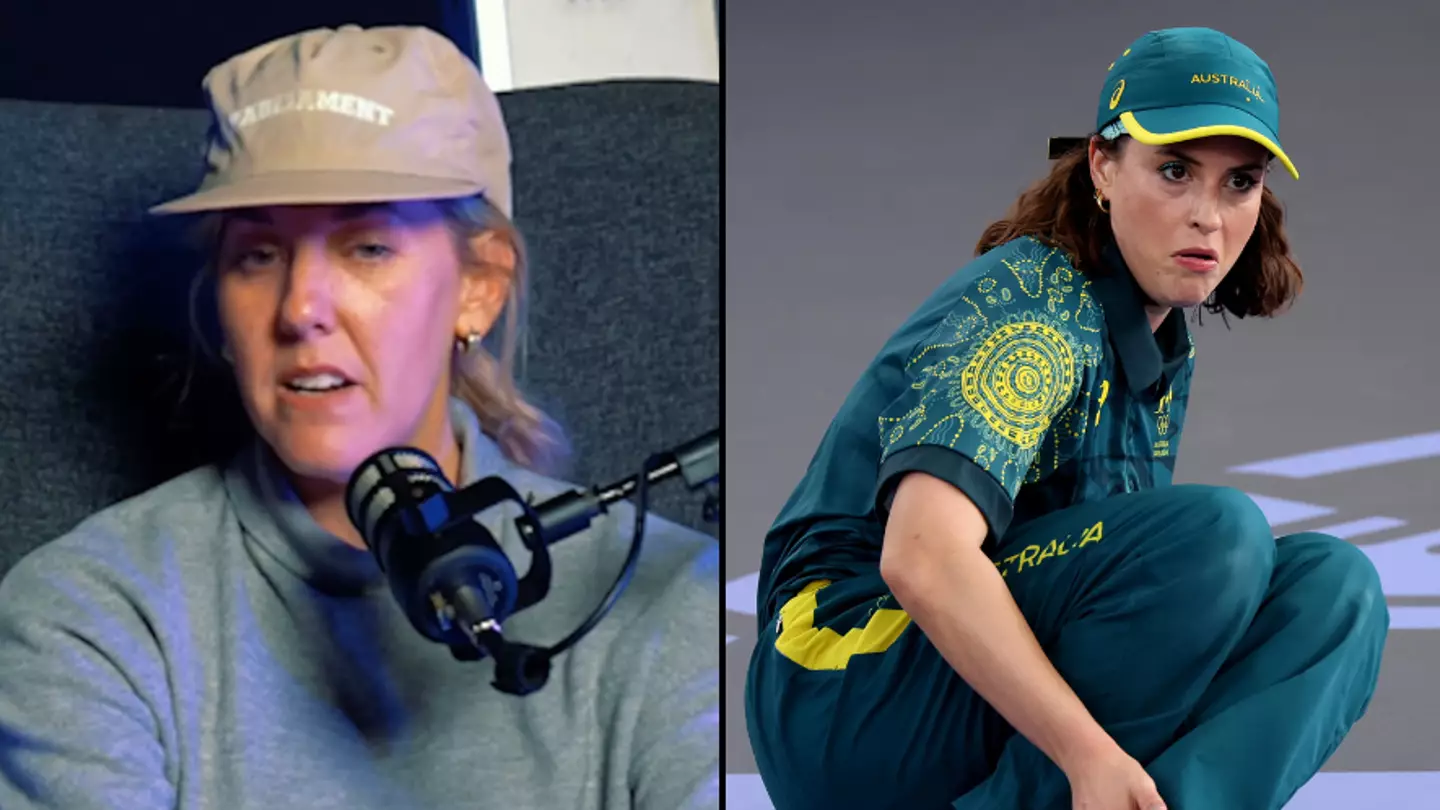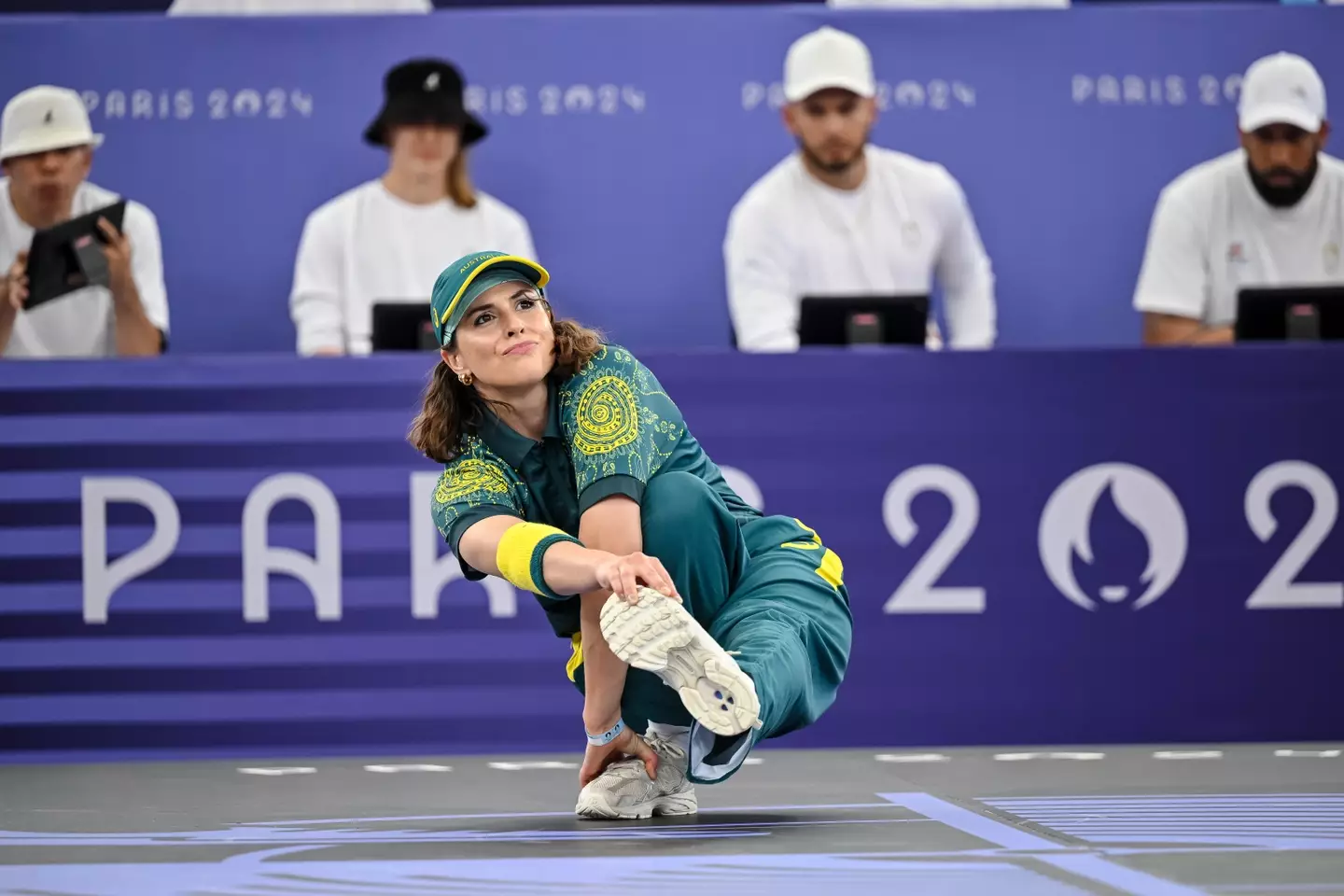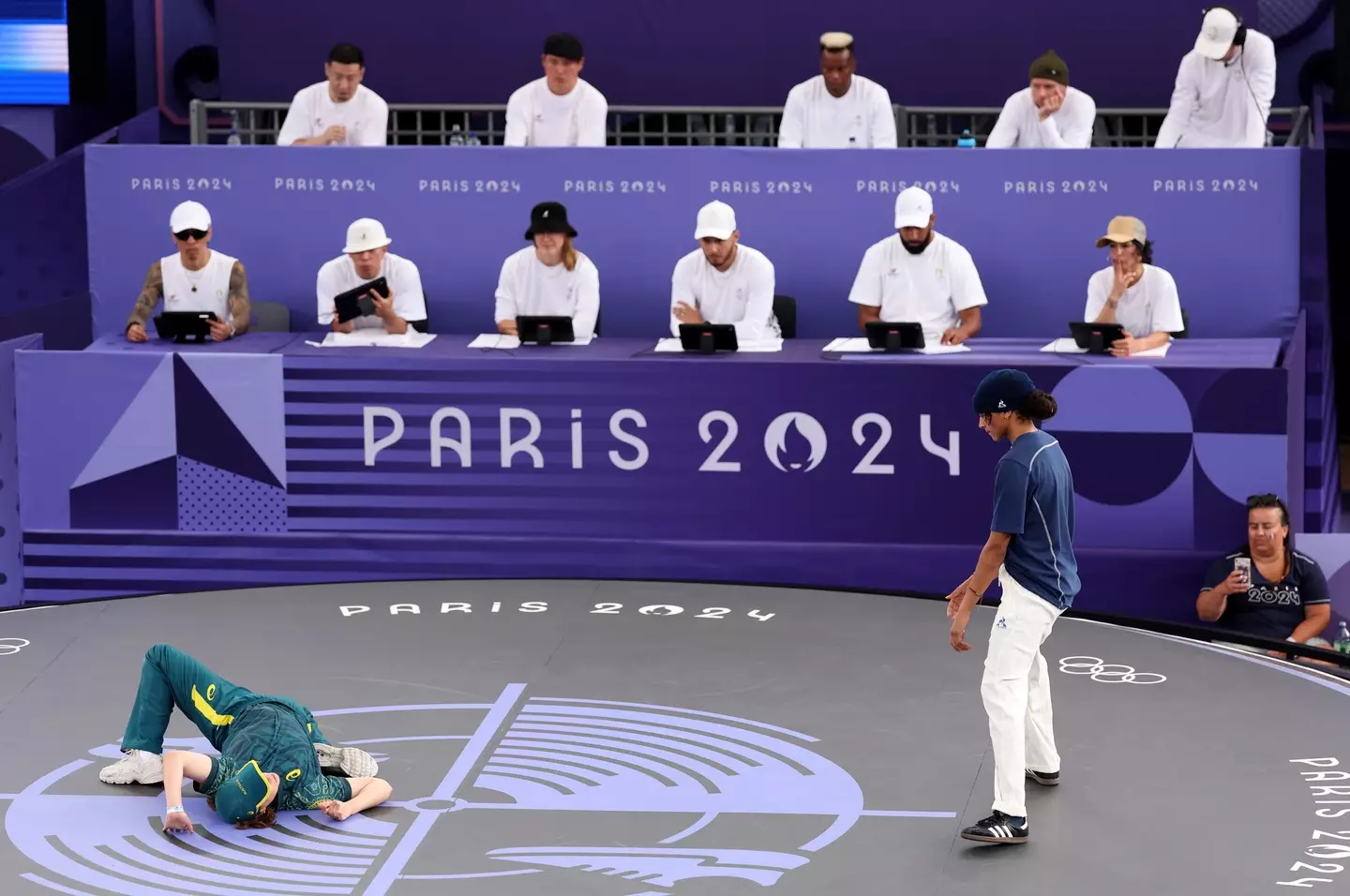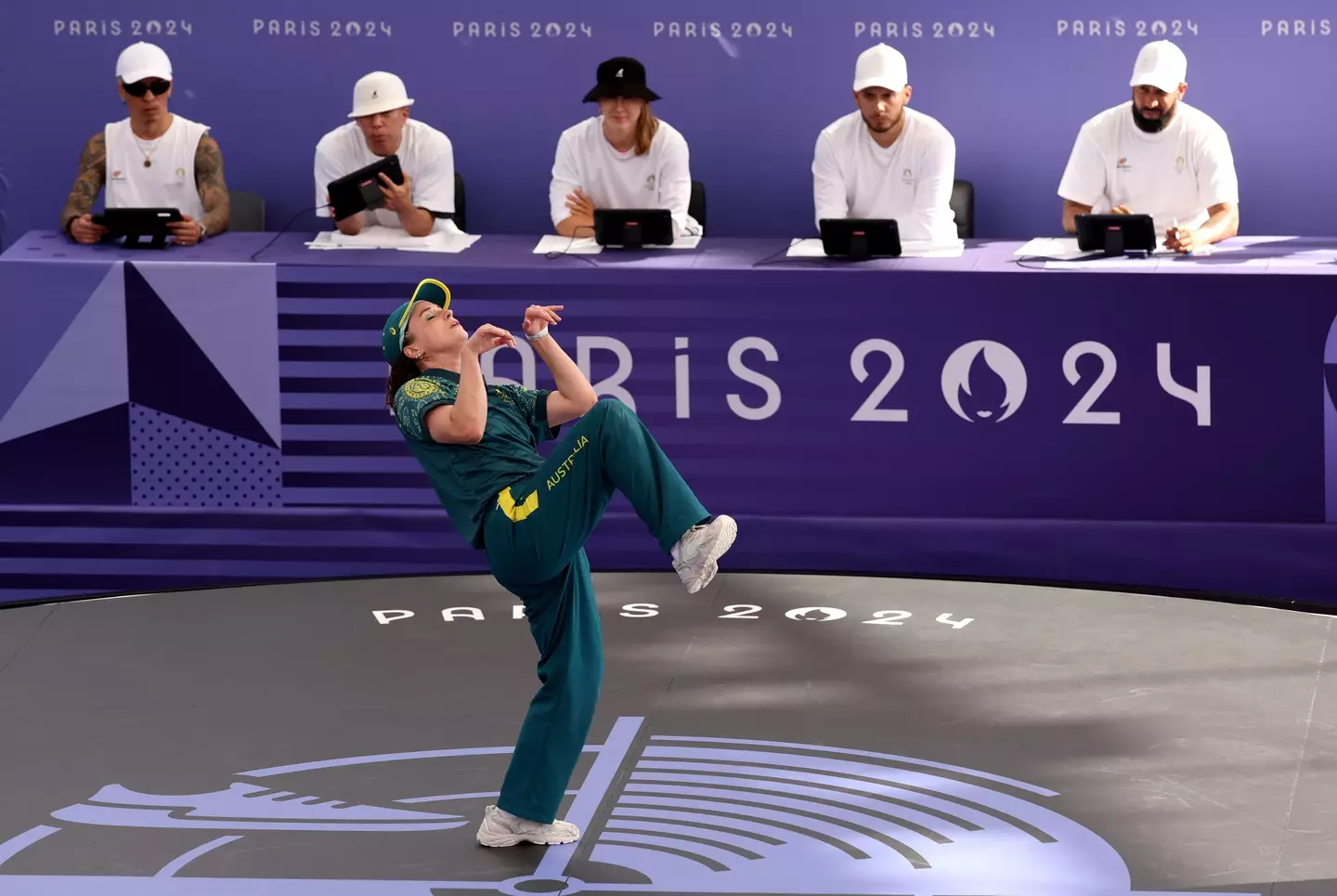
A number of Australian breakdancers have spoken out after the infamous Olympic performance put on by Raygun.
The breakdancer, real name Rachael Gunn, went viral for all the wrong reasons during the games, putting on a show that scored a grand total of zero points across the three rounds she competed in.
Despite popular belief, Raygun qualified to the Olympics by merit as the leading Australia B-girl.
Her selection for team Australia was 'based solely' on her performance that day, according to Aussie sporting body AusBreaking.
Advert

The performance has been ridiculed so much on social media in fact, that a comedian has already parodied the routine, during the latest episode of The Tonight Show With Jimmy Fallon.
Although Raygun's unique performance may have affected not just her, but her family, it seems to have impacted the sport of breakdancing in the land down under, as some breakdancers have revealed the struggles they have gone through in the past few days.
Leah Clark, who has been a B-girl for the past 24 years and runs her own dance performance in Brisbane, said: “It’s really affected us. We’ve got B-girls in tears about it,
“How do I go to work now and try to get our sponsorship and get our grant money for breaking programs [for a sport] that’s just been made a mockery of? And how do we go and represent our country at other world level events when Australia’s been made a fool of? … This is actually affecting us on a much larger scale than just memes,” she highlighted.
Advert
Several other Australian B-girls have has to change social media accounts due to the abuse they were getting because of how their sport was presented on the biggest stage.
Clark further said: “We feel for Rachael, and we hope that she’s OK with the hate that she’s getting, but at the same time, we’re disappointed.”

Catherine Tsang, a former B-girl also weighed in on the situation, claiming that the problem lies within the structure behind qualification.
“I think there’s a bigger conversation [needed] here around the system and how it’s being built.”
Advert
She says that the Oceania qualifying event in Sydney last year had a 'really quick turnaround', as there was not much time at all between the announcement and the event taking place.
Participants needed to have registered with three different bodies to compete and have a valid passport, which Clark claims that many girls didn't have, or they didn't want to fork out the pricey sum to sort it out and compete.
“There wasn’t even enough B-girls to [fill] the top 16,” Clark revealed.
She further added that there's a problem with the number of B-girls across the country, in a male-dominated sport: “It’s been a lot and overwhelming for a lot of the B-girls on the scene, because we’ve never had this type of exposure before.”
Clark did highlight that though Gunn's performance wasn't amazing, the attention might change the future of the sport in the country.
Advert
“It’s brought a lot of us together, and, hopefully this also provides a stage for us to uplift the B-girl scene here … and drive the culture up a little bit more,” she claimed.

Another respected name, Koh Yamada, a well-known breakdancer who also dabbles in other styles, is a victim of the citizenship rule, as he only had permanent residency, not Australian citizenship.
He explained: “I do also know that there are many B-girls in Australia that didn’t [compete], and probably for similar reasons,” he says.
Clark also showed some sympathy for Australia's B-boy Olympian, Jeff 'J-Attack' Dunne, who is just 16, and has been overshadowed by the controversy.
Advert
“Jeff is 16 years old, and he was competing against men in their 30s who had decades of experience over him. He qualified, and he represented so strong,” Clark explained.
“Like, you can just imagine the pressure that was on a 16-year-old after what happened the day before.”
She then concluded with a message of support for her friend, Gunn, saying: “We obviously care for her and hope she’s OK, because no one deserves the stuff that’s going on with her, not right now – it’s damaging and it’s dangerous,” she says.
“We need support, and we need people to come and see our events and see what breaking is really like, and what our amazing community is … the mockery needs to stop, because it doesn’t reflect us.”
Topics: Australia, Olympics, Social Media, Sport, World News